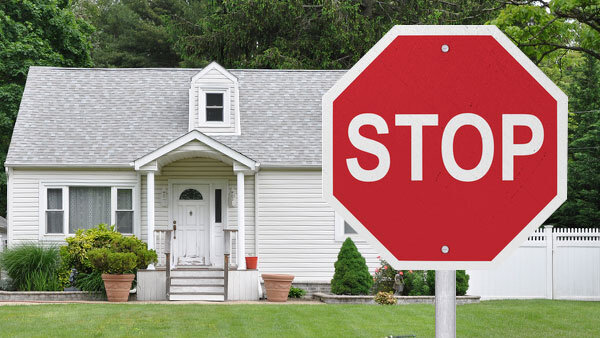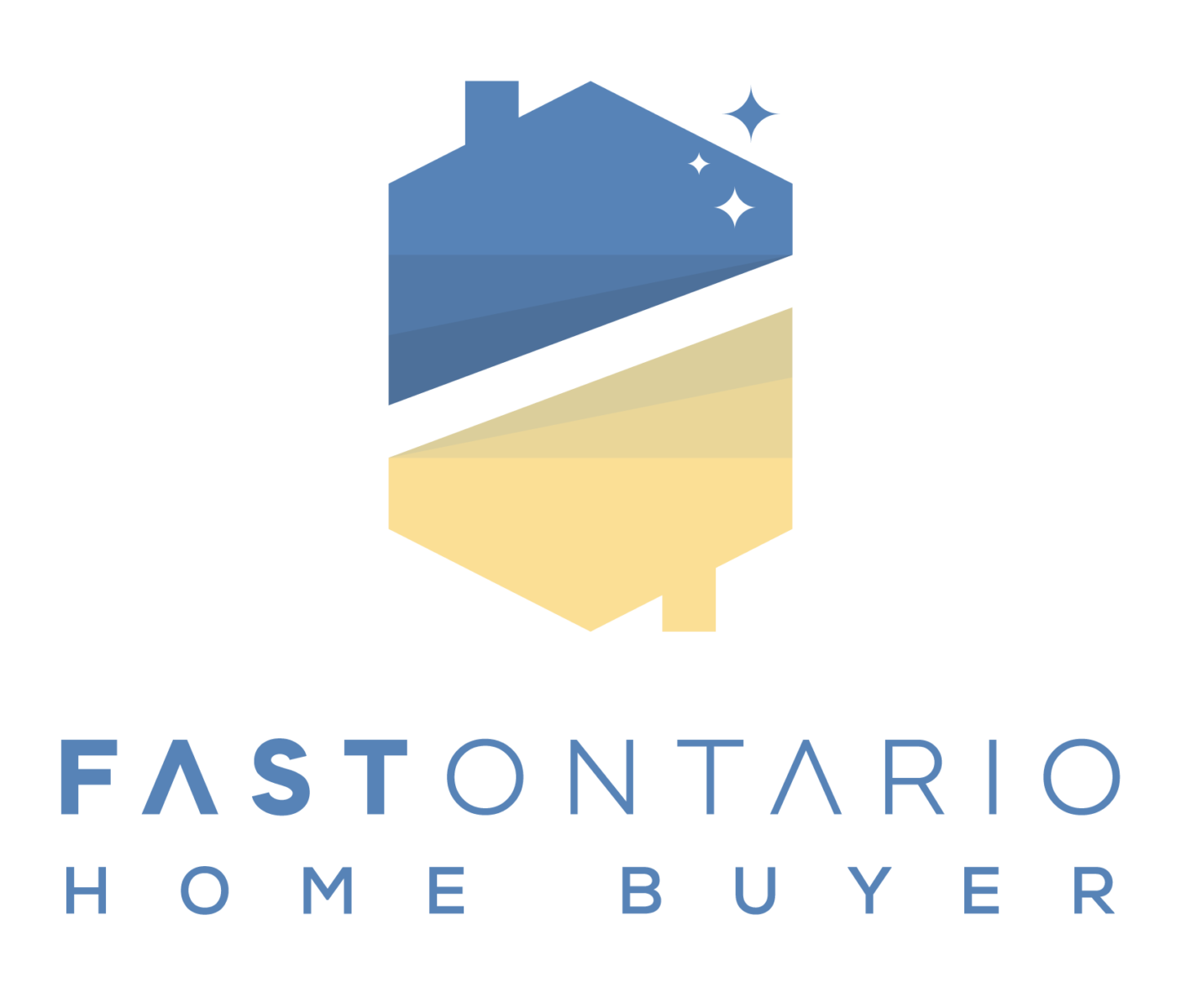
Before you sell your house for cash, take a moment to consider the process. Selling a house can be a difficult and time-consuming experience, especially when you need to sell quickly or face financial difficulties. But there are ways to sell your house for cash and avoid the traditional real estate market.
By selling your house for cash, you can save money on commissions, repairs, and closing costs. However, you may also leave some extra money on the table. When you sell your house for cash, you sell to a buyer who can purchase the home outright without the use of a mortgage loan. These buyers are typically investors who purchase off-market homes, which may need repairs or can be purchased at a discount.
To ensure a cash offer for your home, you’ll need to work with a house-buying company or individual investor with cash reserves. After evaluating the home and making a firm offer, the buyer will wire you the money for the full amount of their offer price at closing.
Keep in mind that cash investors typically pay anywhere from 50% to 70% of market value, while iBuyer companies might pay up to 90%, depending on the home and the local market.
Tips for Selling a House for Cash
If you are considering selling your house for cash, you may be wondering if it is a good idea. Cash buyers offer convenience and speed, according to experts in the real estate industry. With cash, there is no need for negotiations with multiple buyers, making the transaction easier and less stressful for sellers.
Here are some of the benefits of selling a house for cash:
- Faster Closing Time: Cash buyers can typically close the sale in as little as seven to ten days, compared to several months with a non-cash buyer. Mortgages can take up to 43 days to complete and require an appraisal, which can cause delays.
- No Repairs or Home Staging: Cash-for-homes companies often purchase homes “as is” since they have the capital and expertise to update a house. This removes the repair burden from the seller’s shoulders, and you don’t have to worry about home staging or keeping your home spotless for showings.
- Reduced Closing Fees: Cash offers can cut out additional closing costs, including repair and staging costs. Many house-buying companies will cover closing costs in full for the seller, which can amount to 9% to 10% of the sale price.
- Smaller Holding Costs: Holding costs include utilities, taxes, insurance, maintenance, and other fees that amount to a significant chunk of change each month. A cash offer provides more immediate relief from these ongoing costs.
- Peace of Mind: A cash sale offers peace of mind and financial certainty, especially for homeowners juggling life challenges. A cash offer may come in lower, but it won’t hinge on your home appraising at a certain amount or the financing working out for your buyer.
- Interest Rate Immunity: A buyer with cash in hand eliminates the uncertainty of getting a loan approved. Without the added risk of a financing contingency, selling to a cash buyer is typically a simple, more certain process.
- Flexibility: Sellers who work with a house-buying company often select a move-out date that works best for them, giving them plenty of wiggle room.
Consider these benefits when deciding whether to sell your house for cash. It’s always important to weigh the selling costs associated with each option.
Looking to sell your house?
You may consider selling to cash buyers or house-buying companies. These entities or individuals purchase homes outright, often in an as-is condition, and without the need for lender financing. Selling to a cash buyer helps you skip the home prep, showings, and staging hassles and allows for a more flexible closing timeline. However, it is essential to know who you are dealing with when requesting a cash offer for your home. Generally, cash buyers are categorized into investors, house flippers, We Buy Houses/large scale house buyers, and iBuyers. To find a reputable cash buyer, you may use trusted platforms like HomeLight’s Simple Sale. The primary drawback of selling to a cash buyer is that the price you get may be lower than what you’d get on the market. House-buying companies typically pay less for your home to account for the money they’ll spend on repairs.
Investors
Individuals who aim to build their wealth often purchase homes for investment purposes. These investors may either flip homes for profit or keep them for rental income, and they typically use cash for their purchases. Two types of investors include:
- Buy-and-hold investors: These investors buy homes using cash and convert them into rental properties. They may sell a property once it has appreciated enough or hold on to it indefinitely. This category includes individual investors who purchase and rent out properties for passive income, as well as larger institutional investors. If you sell to a buy-and-hold investor, you will likely receive a better price and more flexible closing dates than if you were to sell to a house flipper.
- House flippers: When you hear the term “house flippers,” you may think of well-known personalities such as Chip and Joanna Gaines, or your remodeling-enthusiast uncle. Flippers purchase homes, often in poor condition and at lower prices, with the intention of renovating them and selling them for a profit. Home flippers continue to be a major force in the cash house-buying marketplace, with 92,422 single-family homes and condos flipped in the third quarter of 2022, which represents 7.5% of all home sales according to ATTOM Data Solutions.
iBuyers
A certain category of companies that buy houses, known as iBuyers or instant buyers, made their debut in the mid-2010s. These companies use automated valuation models (AVMs) to generate competitive offers for homes that are usually in good condition. Examples of iBuyers include Opendoor and Offerpad.
Compared to house flippers or buy-and-hold investors, iBuyers usually offer higher prices for homes, but they also charge a service fee of about 5%. Because their profit margin per flip tends to be lower, iBuyers depend more on technology to streamline their operations and sell a high volume of homes.
How much do cash house buyers pay?
Different house-buying companies and investors offer different amounts for a home. Depending on the condition, location, and price point of the property, certain cash buyers will find it more desirable than others. Real estate investors usually have a specific “buy box” with parameters that determine which types of properties are most valuable to them. Consequently, the worth of a home will vary, even among buyers who can pay instantly.
Flippers, for example, use the 70% rule, which limits them to paying no more than 70% of the after repair value (ARV) of a home, accounting for deductions for repairs and renovations.
Unlike “we buy houses” flippers, iBuyers tend to pay closer to the market value because they focus on newer homes in good condition. However, they charge a service fee, which is about 5% of the sale price. Additionally, you will likely have to pay closing costs of between 1% and 2% for escrow fees, title fees, and transfer taxes. After you accept the iBuyer’s offer, the company will inspect the home and subtract the estimated cost of repairs from the final price.
Buy-and-hold investors fall somewhere in between flippers and iBuyers. They typically pay more than flippers but less than iBuyers and aim to make between 8% to 12% return on their investment.
According to Van Soest, “The discounted price someone should expect for a cash sale varies significantly. The cleaner the house, the better the neighborhood, and the fewer issues a house has, the more likely you’ll get an offer that’s closer to market value. The more problems the buyer has to deal with, the lower the offer will be.”
Are cash home buying companies trustworthy?
In brief, the answer is yes, many legitimate companies purchase homes for cash, provide an excellent experience, and keep their promises. However, it is always advisable to conduct your research on any potential buyer before sharing sensitive information or signing an agreement.
According to Holly, “Verify that the company has a solid track record of purchasing houses.” He recommends reviewing public records to see the company’s transaction history and examining properties that the company has bought and sold in your region. Additionally, request references from other home sellers who have sold to the investor or house-buying company and contact them to learn about their experiences.
Abdel cautions sellers to be cautious of scams in which house-buying companies pledge a specific price but then impose hidden fees that drastically reduce your profit. Other steps to ensure that a company is legitimate include:
- Verify their BBB rating: Regardless of the type of house-buying company you choose to work with, ensure that it is an accredited member of the Better Business Bureau (BBB). Check for positive reviews and prompt responses to complaints.
- Request proof of funds and sufficient earnest money: Holly recommends requesting proof of funds, such as a bank letter, to ensure that the buyer has the funds in their account. An official proof of funds (POF) from the buyer’s bank confirms that they have enough liquid assets to cover the purchase price and closing costs, as well as provide sufficient earnest money, which represents the buyer’s commitment to a sale.
How quickly can a buyer who pays in cash close on a home purchase?
It can take over 50 days to close a traditional sale, as financing arrangements must be secured. But buyers who pay cash can move more quickly, sometimes closing in as little as one to two weeks.
If you value speed, convenience, and certainty, selling your home to a cash buyer might be a good option. There’s no need to worry about financing issues or inspections leading to renegotiations. However, selling to a non-residential cash buyer may require a discount of 10% to 15%.
The popularity of companies that buy homes for cash continues to grow, especially since technology has made it easier to sell homes virtually. HomeLight’s Simple Sale platform offers an easy way to test the waters. Enter your home’s details online and receive a cash offer from a network of cash buyers within a week, without any extra fees or commissions.
Should you sell your house for cash?
If you prioritize speed, convenience, and certainty, then selling your house for cash might be a good option for you. According to Abdel, it’s “an almost guaranteed sale where you go with the cash buyer, and you don’t have any contingencies.”
Selling to a cash buyer eliminates the risk of financing issues or inspection problems that could cause delays or require renegotiation. This means that you can close the sale faster and with fewer complications. However, if you sell to a cash buyer who doesn’t intend to live in the house, Abdel warns that you could end up accepting a discount of 10% to 15%. Nevertheless, a quick sale may be worth it in your situation.
One thing is certain: companies that purchase homes for cash are here to stay, and they’re growing in popularity among a wide range of sellers, not just those in dire straits.
“In my opinion, iBuyers and other cash buyers will become increasingly mainstream,” says Van Soest. “Advancements in technology are making it easier to sell homes virtually.” Furthermore, if your house is in good condition and located in a desirable area, you may receive a better price than you expect.
When considering selling a home for cash, it’s important to find a reputable cash buyer. Cash buyers include investors who buy homes for investment purposes, house flippers who buy homes to renovate and sell them for a profit, and iBuyers who use automated valuation models to make cash offers.

